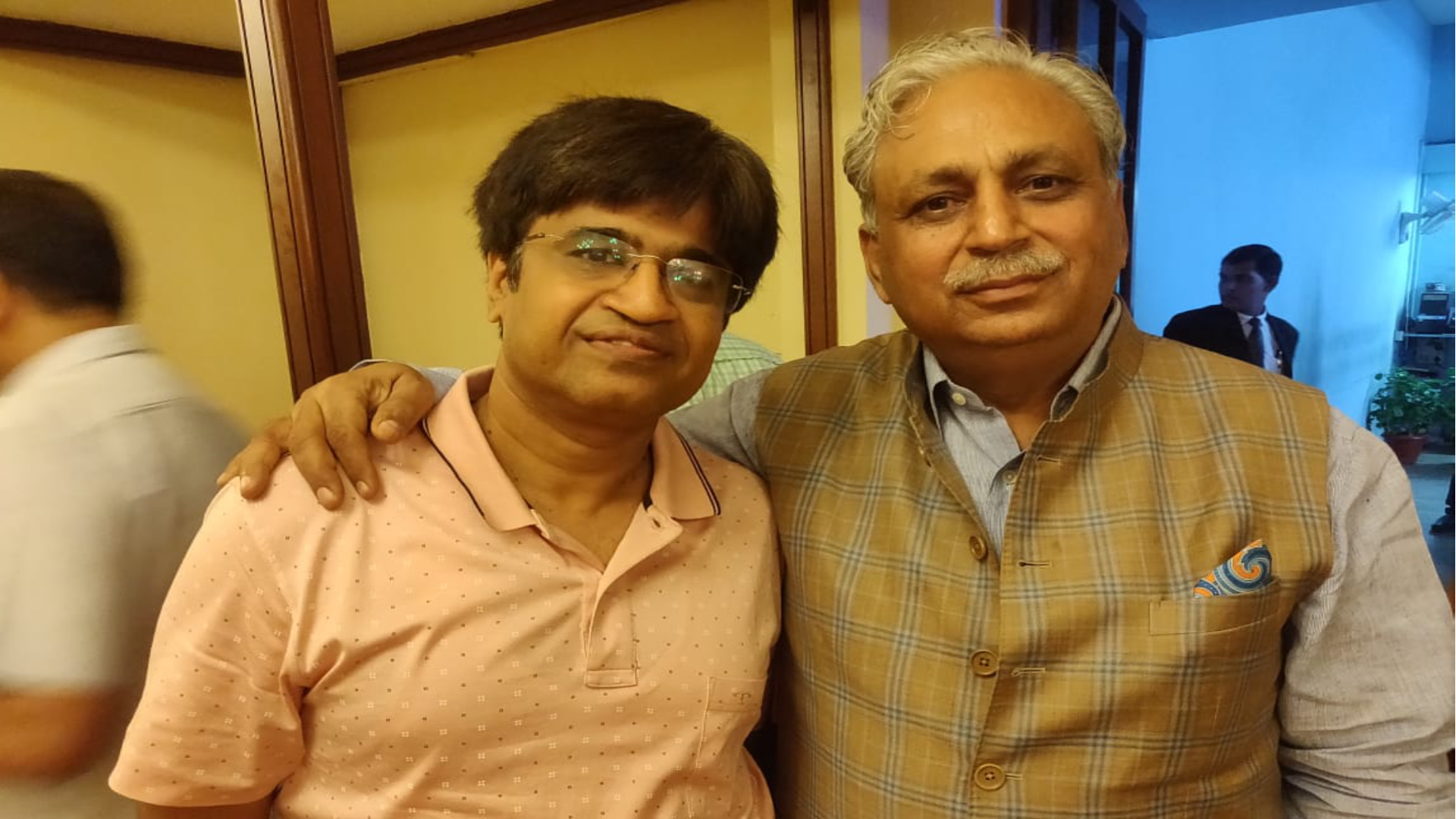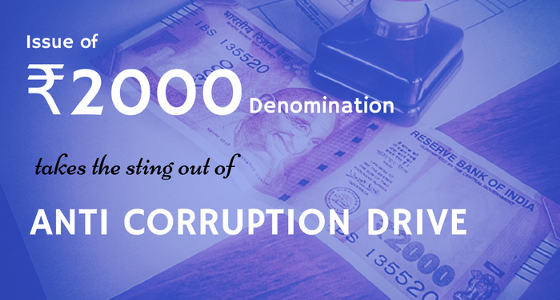I was at the stalwarts meeting of IMA. I had serendipitous interactions with Mr.C.P. Gurnani– the CEO & MD of Tech Mahindra Limited. He shared views, experiences, and thoughts on future possibilities in the business world intertwined with the changing regional and global trends.
I am writing this post, thanks to
Anti-globalization is a social resistance movement against globalization of corporate powers. Globalization is a process of integrating people, companies, and governments worldwide. Local and national economies get integrated into a global market economy through cross-border investments, and trade of goods & services, technology, manpower, and information.
From its outset, globalization promised to lift billions of people out of poverty and inequality. Ideas like Free Trade, Economic Reforms, and increased social, economic, and cultural Linkages among nations appealed to developing countries the most. The poor population in developing countries clamoured for free trade agreements. They saw globalization as a positive step towards
Globalization is accountable for destabilizing
Developed countries became developed by building a competent local industry and financial system before opening up to free trade. All developed nations first fortified their local industries and then opened their economies, that too with the motive to sell and not buy. These nations indirectly control other nations and never get exploited by the established global corporations.
China, for instance, had very strict import policies. Foreign industries hesitated in investing and meanwhile it developed its local industry. Now it has opened up for trade because it can win any battle. China developed faster than any country in history. It has taken millions of people out of poverty because it didn’t let developed countries flood in and destroy its local market. The same holds true for Japan, Singapore, South Korea, etc.
Poor countries have a hard time establishing a stable economy because their human and natural resources are already spent
Proponents of Globalization believe that it is helping mankind everywhere but that is far from reality. Free trade and globalization have only enriched the developed nations and exploited the developing ones. All those pro-globalists are on
Anti-globalization movement argues that not allowing foreign business empires to use resources and population as they please isn’t a threat to global trade and communication. The latter
Contrary to the popular perception of
More in the next post of how it is working now, and then the future beyond anti-globalization which would be Coexistence.



